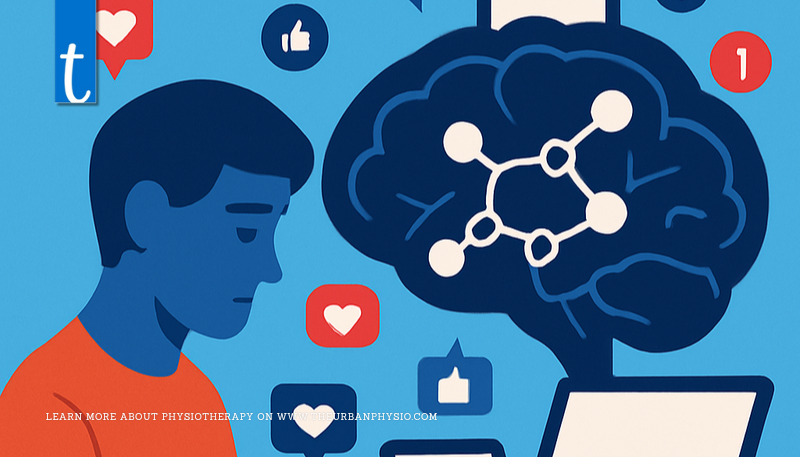We live in a world where everything we want—likes, food, entertainment, validation—is just a tap away. But this convenience comes at a cost. Behind every scroll, binge-watch, or notification buzz, your brain is chasing something: dopamine, the “feel-good” chemical that rewards pleasure and reinforces behavior.
And while dopamine is essential for motivation and happiness, the constant flood of quick rewards in today’s digital lifestyle is creating a hidden mental health crisis.
What Is Dopamine, Really?
Dopamine is a neurotransmitter, a chemical messenger in your brain that plays a key role in motivation, attention, mood, and reward-based learning. It’s not just about pleasure—it’s about anticipation and reinforcement.
Every time you do something rewarding—check your phone, eat junk food, watch a funny video—your brain releases a burst of dopamine. This makes you want to repeat the action. But what happens when this system is overstimulated?
Instant Gratification: The Modern Addiction
Social media platforms, short-form videos, and even food delivery apps are designed to hack your brain’s dopamine system. Each quick reward trains your brain to seek immediate pleasure, making it harder to focus on tasks that require sustained effort—like studying, working out, or even maintaining healthy relationships.
This leads to what psychologists call dopamine burnout or hedonic adaptation—where your brain becomes desensitized to the small joys of life, demanding more frequent and intense stimulation to feel the same reward.
Signs Your Dopamine System May Be Out of Balance
Feeling bored or restless without your phone
Struggling with focus and motivation
Needing constant background noise or stimulation
Craving unhealthy foods, caffeine, or sugar often
Difficulty enjoying simple things like reading, walking, or just sitting in silence
How It Affects Mental Health
Over time, this dopamine imbalance can contribute to:
Anxiety and agitation when offline or “unplugged”
Low motivation for long-term goals
Increased risk of depression from lack of fulfillment
Poor impulse control and addictive behavior
Burnout from constant multitasking and overstimulation
Resetting Your Dopamine: The “Dopamine Detox” Approach
While you can’t (and shouldn’t) eliminate dopamine, you can retrain your brain by reducing unnecessary stimulation and finding joy in slower, effort-based rewards.
Here’s How:
Schedule screen-free time daily (start with 30–60 mins)
Do hard things on purpose—like reading a physical book, exercising, or journaling
Delay gratification (e.g., no phone until after a workout or task)
Practice mindful boredom—let your mind wander without distractions
Focus on deep work over multitasking
Conclusion: Reclaiming Your Brain
The dopamine dilemma is real—but it’s also reversible. By being aware of how modern habits hijack your reward system, you can make small shifts that help rebuild focus, patience, and emotional balance.
In a world that thrives on instant gratification, choosing delayed rewards is a quiet act of rebellion—and a bold step toward better mental health.






